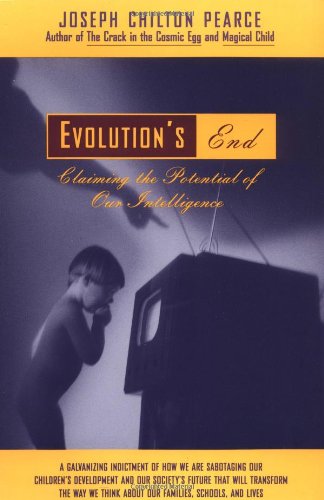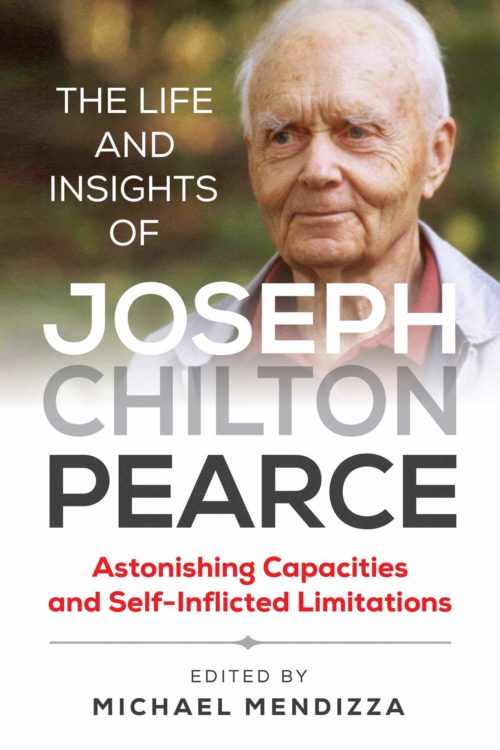“The addict’s reliance on the drug to reawaken her dulled feelings is no adolescent caprice. The dullness is itself the consequence of an emotional malfunction not of her making.”
Gabor Mate, MD, Author,
In the Realm of Hungry Ghosts, Close Encounters with Addiction
More on Pleasure, Pain and the Developing Brain
The development of each new human being involves the complete evolutionary process of life on the planet. Native traditions recognize and honor this fact. Western civilization, driven by an anti-feminine passion for male intellect does not, thus the classic mind-body split. One self-world view nurtures the deep ecology that we are, the other attempts to dominate and control nature, including our own.
In each of us is the entire process of creation, what Joseph Chilton Pearce calls Evolution’s End. Each stage of development anticipates the past and creates the necessary foundation for the next unknowable leap forward to unfold. The developing fetus in the liquid world of the womb, for example, has no use for lungs and yet creates lungs anticipating an oxygenated environment it ‘knows’ nothing about. The entire spectrum of human development implies this unfolding anticipation and unknowable expectation.Jean Leidloff called the natural carrying forward of past expectations into the present a ‘continuum.’ She was drawn to prehistoric Amazon tribes and believed they expressed behaviors that were less adulterated by culture, more accurate expressions of our true nature.
Approximately 50,000 years ago, with the development of the neocortex, the thinking-imagining brain, human beings began imagining and out of this fantasy grew culture, rules of behavior, superstitions, laws, so called science, rewards for conformity and punishments for innovative, out of the box behaviors. Virtual images produced by this new imagining brain interfered with and often replaced the natural balance between innate expectations and the environment.
Cultural Counterfeits
For many years Joseph Chilton Pearce described how culture produces counterfeits of biological processes (biological imperatives). These cultural counterfeits (cultural imperatives) act in three ways:
They act as a substitute for natural processes.
They block and often prevent the real ‘expected’ experience from taking place, leaving gaps in development. (Feeding children junk food is a good example.)
Cultural counterfeits also reinforce and reward the use of more counterfeits – as a means of extending culture’s control over this and future generations. Feeling the gap in real development, the population becomes addicted to and dependent on the counterfeit. (See bio-cultural conflict)
Some plastic molecules, for example, emulate estrogen. The plastic represents a counterfeit of estrogen. If during pregnancy plastic molecules are in the mother’s body they bind with proteins and block the real estrogen molecules from doing what is needed and expected. The presence of the counterfeit alters development – in this case by feminizing the male reproductive system.
During induced and caesarian births a synthetic chemical is used that mimics the body’s natural production of oxytocin and other hormones. The counterfeit causes the uterus to contract as does oxytocin, however the synthetic prevents the ecstatic-euphoric bonding experience that attaches mother and infant for a lifetime. Many believe this unmet expectation lasts a lifetime.
Television is a counterfeit for imagination. It fills the expectation for inner imagery but in doing so prevents the development of the real thing – the capacity to imagine, addicting the brain to the counterfeit source of imagery it can’t produce.
Bottle formula is a counterfeit for breastfeeding.
Day care is a counterfeit for mothering.
Standardized schooling is a counterfeit for real learning.
Counterfeits create what Pearce calls a strange loop. A counterfeit alters the environment and by so doing changes the way the brain develops and that brain tends to rely on and produce more counterfeits. The more our lives are surrounded by and filled with counterfeits the bigger the gaps, unmet expectations, grow in true human development, personally and throughout all of humanity.
Gabor Mate, MDcalls the empty feelings expressed by these gaps ‘Hungry Ghosts’ and believes they are the source of all sorts of unnatural behaviors, persistent feelings of emptiness, depression, violence, failed relationships, the inability to focus and sustain attention, and addictions of every kind.
As a therapist Barbara Findeisen, MA has explored the Realms of Hungry Ghosts with hundreds of adults and found the source burried very early, during pregnancy and the first years of life.
James W. Prescott, PhD, has devoted his scientific life to understanding the brain and sensory deprivation involved with these gaps and what we can do individually and globally to prevent them.
Joseph Chilton Pearce has written twelve books exploring the miraculous expectations waiting to unfold in each of us and how we prevent them with clever counterfeits generation after generation.




